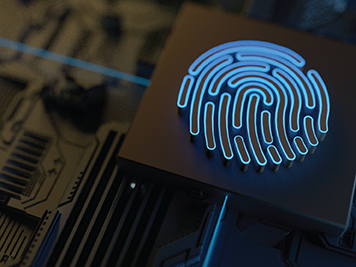[{"searchLabel": "Featured topics","maxItems": "4"}]
What can we help you with?
No results found
Explore featured topics below
-
Careers



